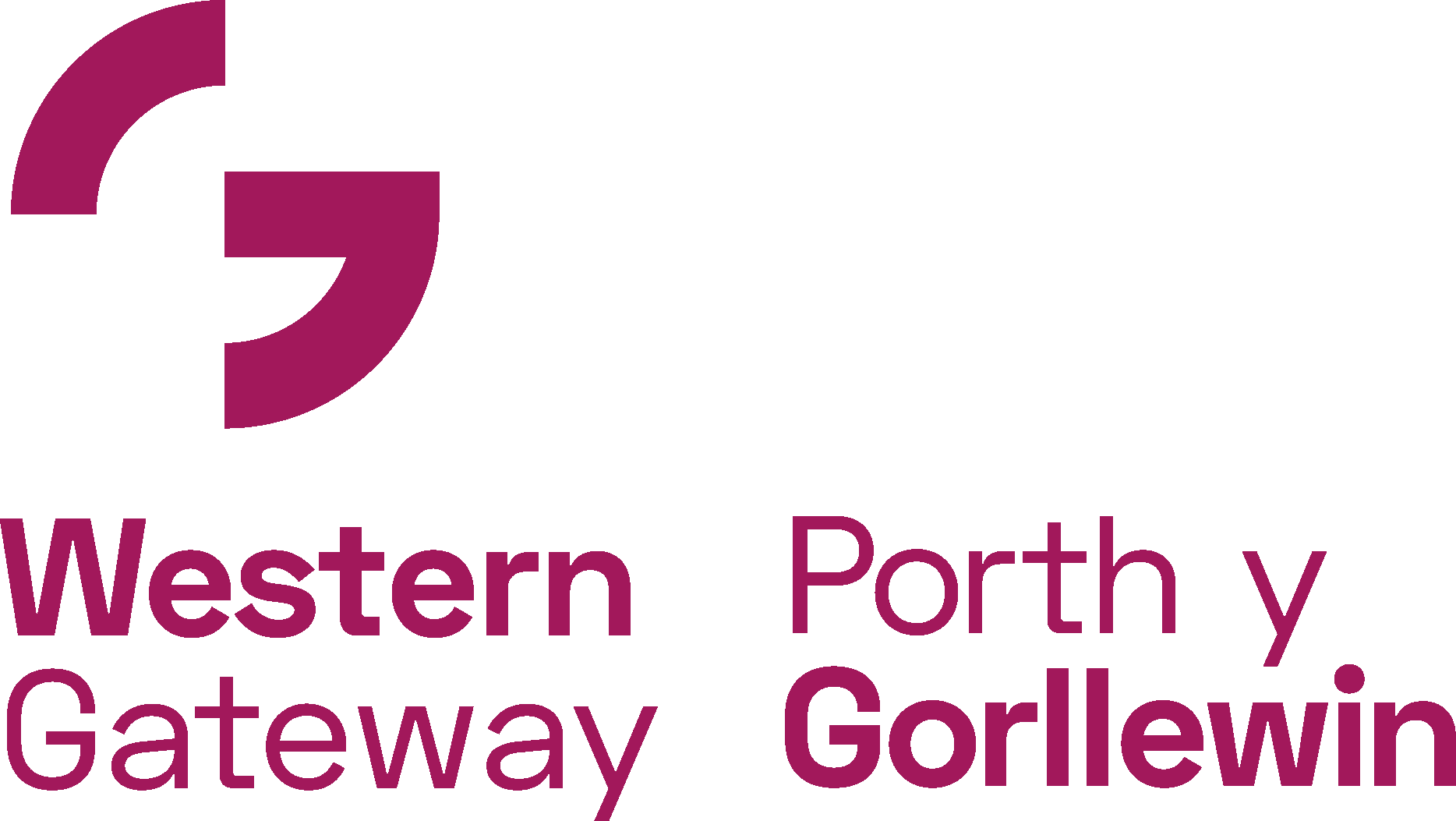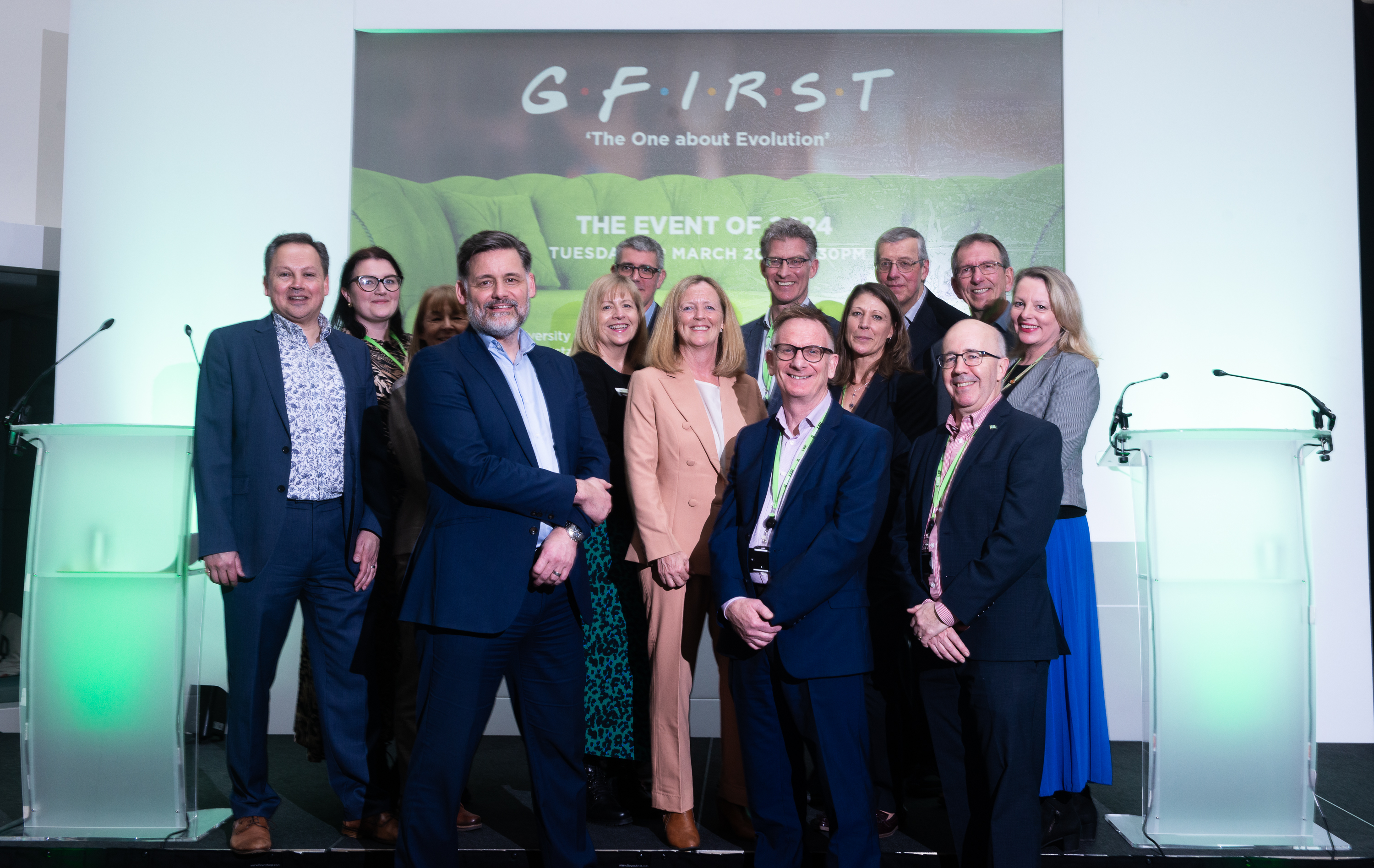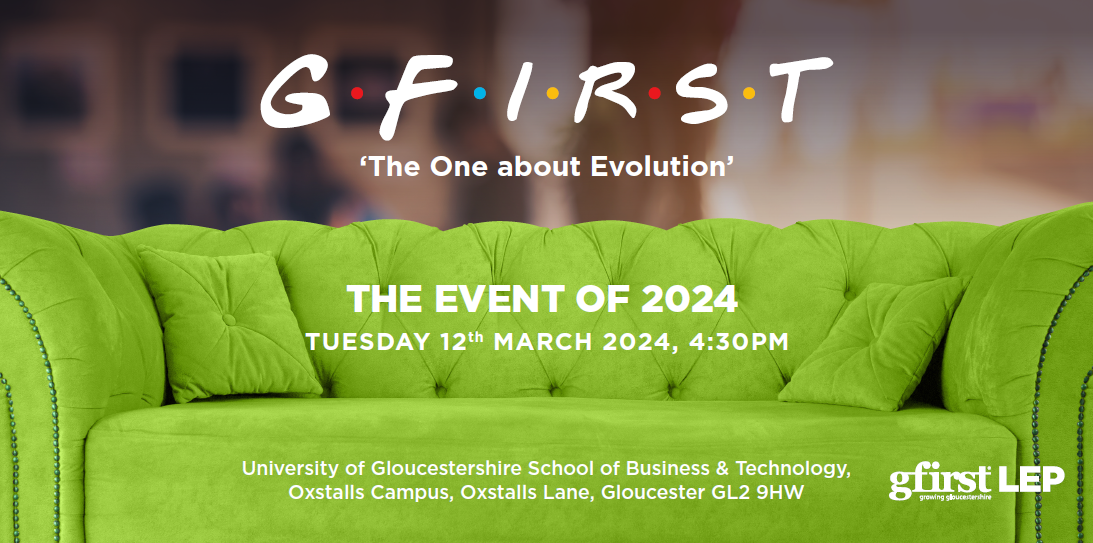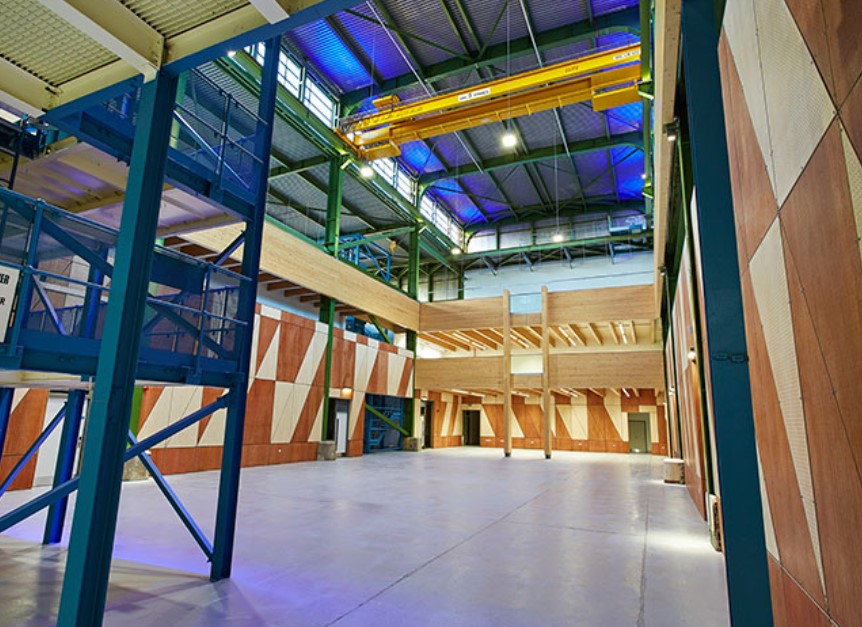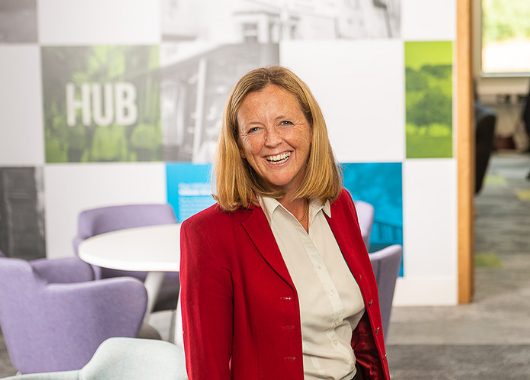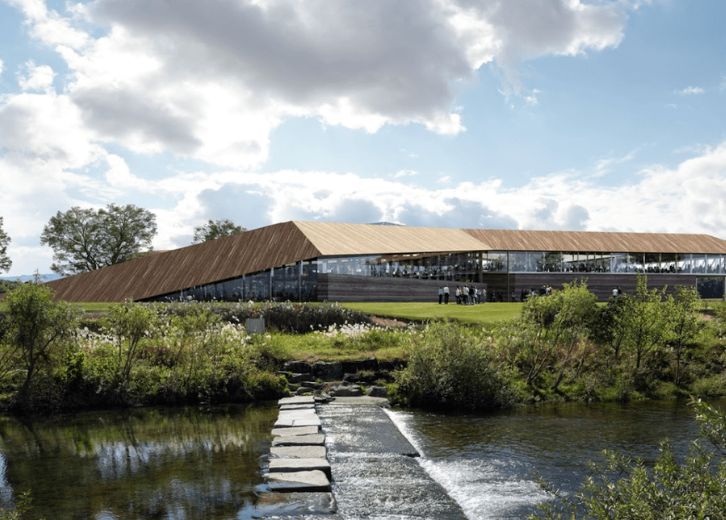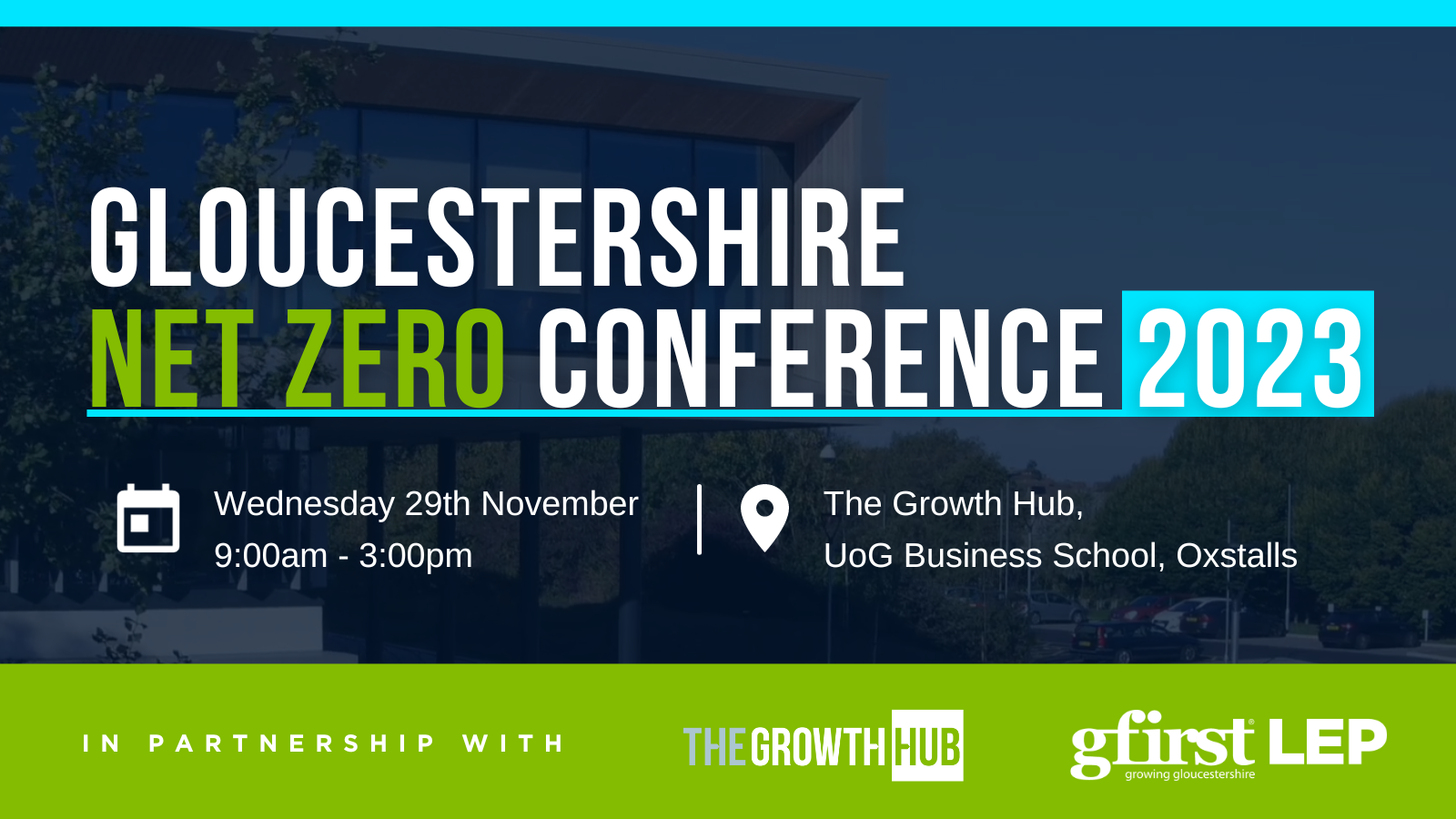general
An interview with Katherine Bennett
Katherine Bennett, CBE has been Chair of the Western Gateway partnership now for 14 months.
26 February 2021
She is leaving her job as Senior Vice President of Airbus in the UK to become managing director of the High Value Manufacturing Catapult.
Ian Mean, Business West’s director in Gloucestershire and GFirst LEP Board member talked to her exclusively about the challenges of the Western Gateway.
You have become a major figure in the aerospace industry in this region, why did you decide to leave Airbus?
“Well, Airbus has been part of my life for the last 16 years. It’s the reason I actually moved to this area and I have had an amazing career and done some initiatives such as celebrate the centenary of the foundation of the Bristol Aircraft company.
“I have had the honour of working with amazing designers and integrators, the trade union partners and working with our apprentice and graduate schemes.
“The key thing is that my move is not away from advanced engineering - Airbus and aerospace will still be a big part of my life. In many ways, I am just widening my scope.
“The work I have done with the Western Gateway has really opened my eyes in terms of how I can contribute to continue to help the higher engineering sector which we are in but also in the wider sector as well.”
Will your new role at High Value Manufacturing Catapult mean that you will need to move from the area?
“I am not moving. The High Manufacturing Catapult has seventeen sites in seven centres, one of which is the world renowned National Composite Centre down the road in Emerson’s Green. I can be very mobile where I work—I will be down in this area quite a lot and continue to live in this area.”
After spending 14 months as chair of the Gateway, do you think you can make a difference?
“It’s not been an ideal start to a new powerhouse but having said that I would say that we have managed to move mountains despite our small structure in terms of back-up, but they are increasing gradually and there are a lot of projects we are working on now.
“One of the first things is collaboration - I am not saying that is a mountain to climb but people in their own organisations are used to their ways of working.
“So, the setting up of a collaboration network such as we have done with this new partnership which this is has been tricky in terms of helping people understand what we are trying to do.
“The most important thing for me is to champion and be an advocate for the area. It is just not me alone. There are the other members of the board but I would also spend a lot of my time-often I would say with Business West support-and other business associations-talking to business representatives from around the area and getting them to understand what an economic powerhouse is all about.
“We are quite unique in that we cross a national boundary in terms of Wales and England. So, there has been work to be done with our partners in the Welsh government as well. Those are the kind of mountains I was referring to.”
Is the geographical gap created by so many local authorities and Wales an issue in reaching agreements?
“We have a nice expression we use in the Western Gateway, we talk about our reach being from Swansea to Swindon and from Tewkesbury down to Salisbury. It’s a pretty big footprint but not as big as our brothers and sisters in the Northern Powerhouse and Midlands Engine.
“The partnership really got going in its infancy as a result of collaboration between the major cities of Newport, Cardiff and Bristol. So, the Welsh authorities are very much part of it and dedicated to it.”
It is difficult to see a stage for the South West to act with one voice. How can you change that?
“You can have lots of stages, the world is a stage in itself. But if the Western Gateway can help to be a voice and act as an amplifier on key topics that this area wants to talk about then I am happy to do so. Let’s not forget there are other stages, Bristol and Bath have their own stage and the areas in South Wales have their very strong brands. What I have heard when I have worked with diplomats overseas is that these economic powerhouse brands do help when you are talking to international investors because you can say we are an area which has some very strong cities, some strong towns and rural and industrial opportunities.
“And let’s not forget our world class universities and colleges here which really do help to attract business and investment.”
Boris Johnson recently promised massive government investment in Green business for the South West. How are you going to press to make that a reality?
“Low carbon and the Green agenda is in many ways the lifeblood of part of this area. We have to remember about Bristol Green capital and the opportunities Swansea are talking about with the Tidal Lagoon. This is where we do work with our neighbours further down in the South West community as well.
“The ten-point plan which the government announced last Summer-so many aspects of that on the Green economy work across this area so we definitely need to be leading from the front.”
You are giving full support to the Fusion power project for the region. How important is that to us?
“We really like to ensure that the region puts its good foot forward for bids like this. The process has now launched and the Atomic Energy Authority has announced the state of the bid. We feel that in South Gloucestershire there is one site at Oldbury and the Berkeley site in Gloucestershire could be part of the solution as well. The key thing has been that we are appointing some work to be done by a consultancy firm on the economic stats and the social value that such a project could bring.
“And of course, potentially the steel could be made in South Wales. We have employees potentially living and working on either side of the bridge here so, for me it really ticks the box of the Western Gateway to champion.
“The key partners here are the existing organisations, Gloucestershire and South Gloucestershire as the local councils but also the organisation Nuclear South West where they are based with the support of Business West.”
What about Devon and Cornwall-shouldn’t they also come under the Western Gateway umbrella?
“So, Devon, Cornwall, Somerset, Dorset, Bournemouth, they are all key parts of the UK as well with very strong stories to tell and a lot of opportunities as well.
“Also, there are opportunities where they need more support so as our neighbours, we are happy to continue working with them. They are not part of the Western Gateway at the moment. They have their own plans for a separate powerhouse and they are continuing those discussions.
“From a business perspective, you don’t suddenly fall over the border when you travel into Somerset, many employees at Airbus live in Somerset and commute up here. We will work with our neighbours in other counties in the South West Peninsula as and when we need to. There are lots of projects where we can work together in the marine industry, the high value design sector and, of course, the Green economy. There will be many projects where we will work collaboratively.”
What are your priorities now that you have had a feel of the challenges facing the South West?
“We started off with quite a lot of facts and figures and economic background-we really needed to get a newer version of that done and that is something the government has helped us with in pulling together the first phase of an independent economic review which has been done for us by Oxford Economics and Hardisty Jones based at Cardiff University. That will be published shortly and the next part of that project is a deeper analysis of the economy in the Western Gateway footprint and what are the key opportunities in that. The Fusion bid actually is part of that because innovation and collaboration in the Green economy is one of the highlights as part of the first phase of this analysis.
“The second one is cyber/digital, there are opportunities there, and we must not forget the creative economy and other parts of the rural sector where we have some advantages.
“We are working on some key projects in those three areas. The other big story for us is inward investment and taking our place on the international stage-to be out there and heard internationally.”

